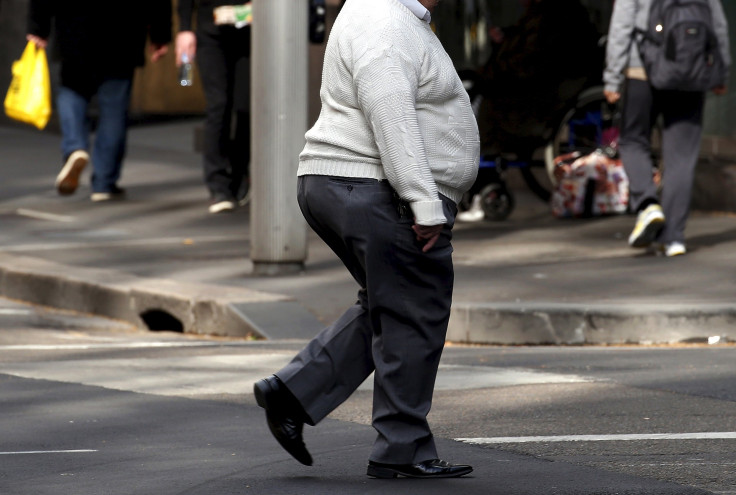Obesity Australia: After criticising the Paleo diet, researchers urge overweight people to listen to inner cues

According to Cambridge Weight Plan, “emotional eating” is playing a major role in the substantial increase in overweight Australians. Moreover, eight out of 10 Aussies blame their obesity to “emotional eating.” The vicious cycle of obesity may be triggered by depression and stress.
“Over 90 percent of Australian women who struggle with their weight comfort eat, we know that over 86 percent of men again who struggle with their weight, they comfort eat,” said Dr. Ali Dale, Psychologist from Shrinked.
The latest National Health Survey by Australian Bureau of Statistics reports that currently, Australia’s obesity rate is at 63 percent, with 71 percent of men and 53 percent of women falling into this category, writes Food Navigator-Asia. The Australian Federal Government has already spent more than $100 million in the past two years in a bid to combat weight gain and obesity.
“The same messages just aren’t effective; just telling people to eat less and exercise more, because there’s more to it than that. There’s a whole brain science behind what drives people to comfort eat and there’s a psychology to that relationship,” said Dale.
A new research by Cornell University has analysed the habits of those people who have stayed slim their whole lives, and whose weight has only ever fluctuated by up to five kilograms. The experiment also revealed something really interesting. Out the people analysed, 74 percent said that they never dieted. About 92 percent said they remained conscious of what they ate and kept their weight in control by focusing on enjoying eating non-processed, high-quality foods and cooking at home.
New research has also confirmed that the drive to overeat foods that don’t nourish is fuelling the obesity epidemic. Naturally lean people tend to follow their inner cues and never feel guilty if they overeat, writes The Sydney Morning Herald.
“These results are encouraging because they imply that instead of putting restrictions on one's diet and avoiding favourite foods, weight gain could be prevented early on by learning to listen to inner cues and putting emphasis on the quality instead of the quantity of food,” said lead researcher Anna-Leena Vuorinen.
The analysis of naturally lean people is also in line with the recent criticisms aimed against the Paleo diet, which is loved by celebrities and fitness enthusiasts alike. Researchers at University of Melbourne have warned that being on the diet for eight weeks can result in rapid weight gain and health problems. Read more on this here.
The original draft of this article stated incorrectly that Dr. Ali Dale was a Cambridge consultant. She is actually a Psychologist from Shrinked.





















